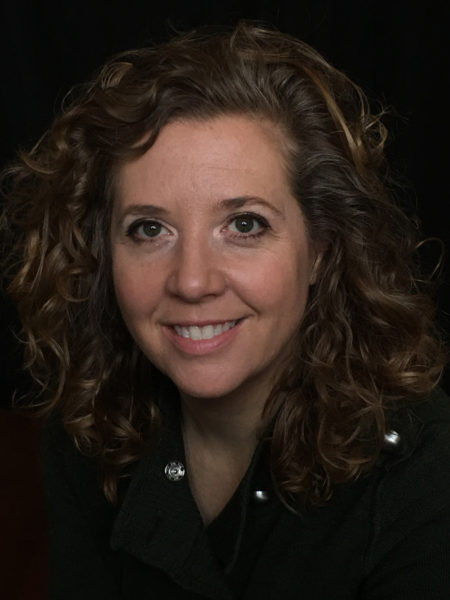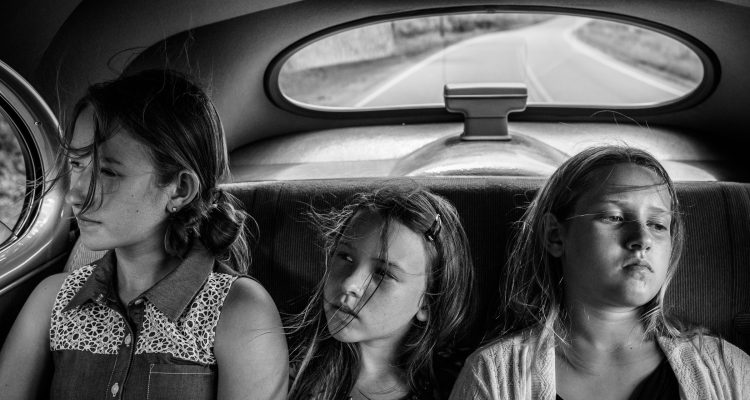
Rebecca Kiger wanted to be an artist. She attended Shepherd College and set out to find her means of expression. She didn’t draw or paint. Her second semester, she decided to take one more art class: Photography. “When the professor first walked into the room, I knew I was in the right place and that this was going be to something significant in my life.” Rebecca reminisced. Since then she has dedicated her time to documentary, portraiture, and commercial photography.
After two 1/2 years, she left Shepherd and continued her training at Hampshire College in Massachusetts, in a program founded by Jerome Liebling, who is considered a father of social documentary photography. “Hampshire is a socially active school. It was good place to be.” Kiger said. While Shepherd was where she learned how to roll film and work in a dark room, it was Hampshire where she refined her craft. Kiger says her on-going education comes from relationships with other photographers. She is adamant that the most important learning tool is simply experience, working with camera in hand.
She has loved photography ever since she was a child. “I took Life magazines onto the school bus. One issue stands out to me the most and it was about the Holocaust which showed me the importance of documentation.” Documentary photography is where Rebecca’s passion lies. This form of photography is always changing but she still approaches it the same way. “You’re not directing the subject. You are there to observe, witness and convey information in a visually compelling way,” Rebecca explained.
She looks at documentary photography as more of a spiritual process rather than work. Documentary photography allows her to quiet her mind. She turns into a witness instead of getting involved with distractions. “You have to be present and you have to love your subject. Once you get that experience of moments captured in real life, it’s magical,” says Rebecca. She uses this medium as a way to capture real moments. This is her way to communicate human knowledge and to visually show a dialogue of humanity with wisdom and hope.
One of the biggest hurdles she has face as a photographer is being a woman in a heavily male dominated field. She has faced uncomfortable situations where she was taught by men who held the power of information. “It was difficult because it really matters on their development of human beings but I got through it with support and perseverance.” she said.
She had to figure out what she was interested in and how she needed to construct her life to make that happen. “I had to get rid of a lot of material things because they require attention and I needed to create space in my life.” explained Rebecca. For example, she narrowed down her wardrobe to only a few items. She compared the experience to Steve Jobs and how he wore the same thing everyday. This allows one less thing to worry about so she can spend more attention on projects she loves. She warns others that if something is really important you will make sacrifices.
“Everyone has a camera in their pocket (smart phones) so everyone is a photographer. Everyone can also speak English but does that mean everyone is a poet. What is going to make you a poet? Poets have something to say. Photography takes self awareness, reflection and passion.” Rebecca said. She not only sacrificed some of her clothes but other photography work as well. She has to forgo some commercial work such as weddings to make room for her documentary work. “They took up too much energy and I hated them. If your cup is filled you won’t have room for what you love.” she said. She also tells young photographers that there is nothing wrong with having a backup plan but urges them to put their all into their passion. “Some photographers I know have had to give up many things that others find a luxury. This includes even having a family and children.” Rebecca continues.
Her daughter Olivia is also an important part of her life, she loves to dance and recently has found a major love for cooking. Although these are hobbies, a lot of what she does links back to documentary photography. “I love cooking. It’s another form of creativity. Like photography – I have to work with what I have. What can I make with this? I like that challenge.” she said.
Rebecca’s studio is located at 2307 Chapline Street, Wheeling, West Virginia. She can also be contacted at rebeccakphoto@mac.com or at 304-215-2756. More of her work can be viewed at http://www.rebeccakiger.com.
[satellite gallery=48]

